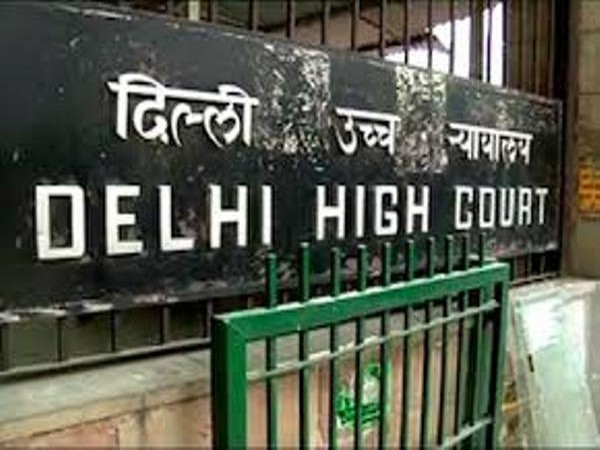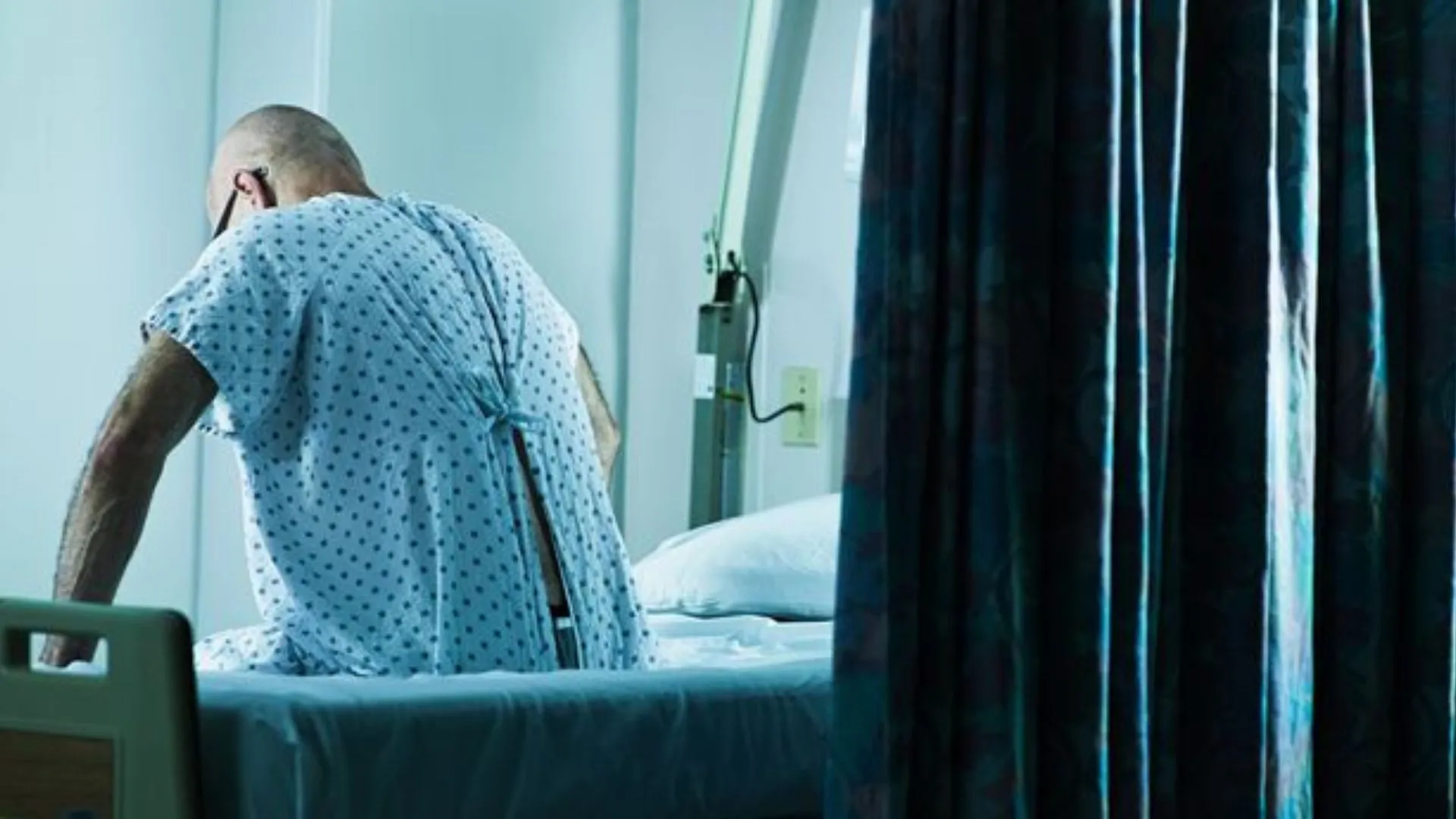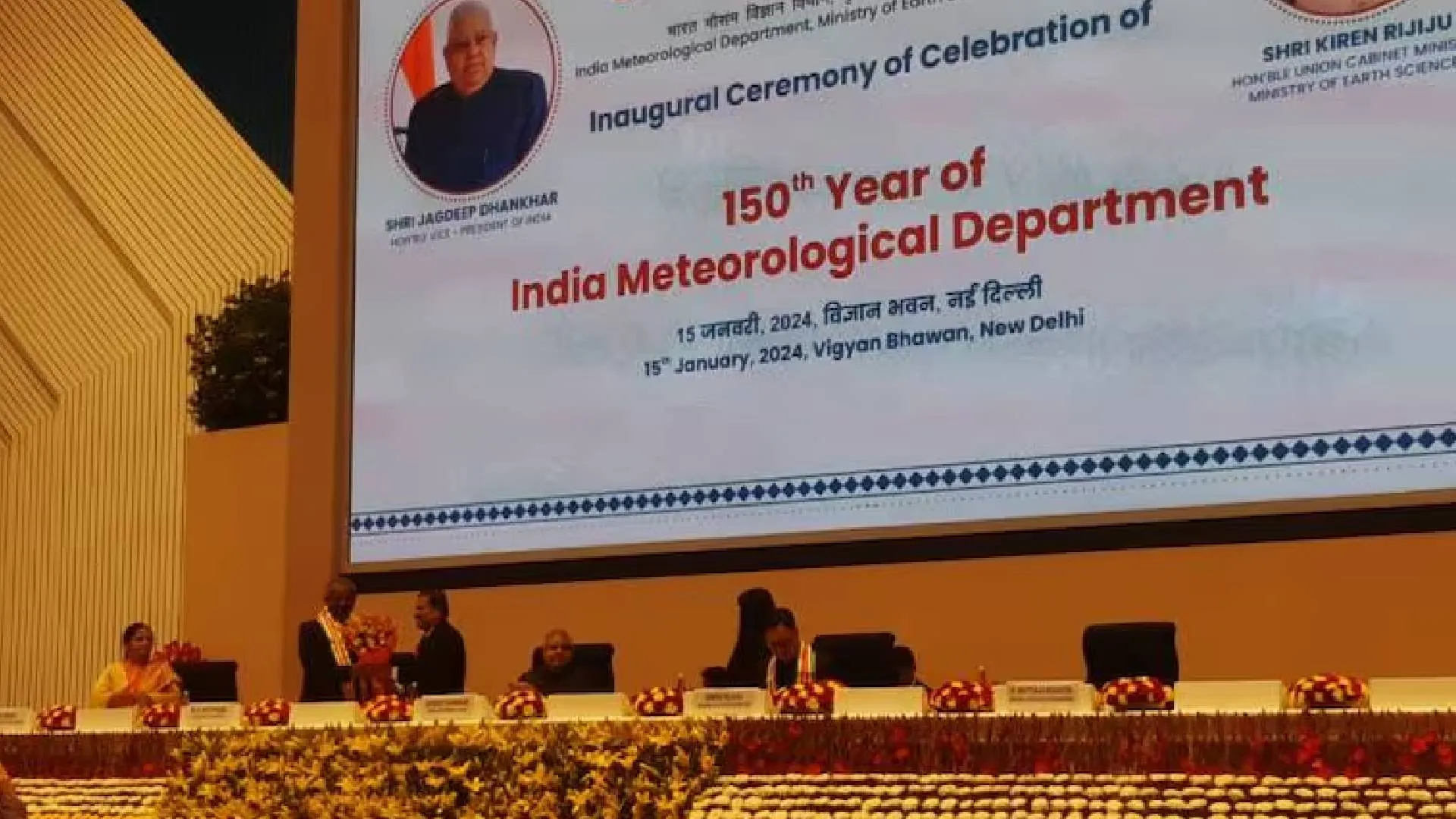The Delhi High Court in the case Neeraj Bhatt v. The State (Govt. Of NCT) Of Delhi observed and has granted parole of four weeks to a man convicted under Protection of Children from Sexual Offences (POCSO) Act for enabling him for filing a special leave petition (SLP) before the Supreme Court. Last year, on July 04 his conviction was upheld by the high court. The bench headed by Justice Swarana Kanta Sharma observed and has granted relief to Neeraj Bhatt who was convicted in December 2019 under Sections 363 and 376(2) of Indian Penal Code, 1860 reading with Section 6 of POCSO Act by a Special POCSO court. Therefore, he was being sentenced to a rigorous imprisonment of 10 years and he is presently confined in the city’s Mandoli jail. However, the court took an note of the fact that Bhatt since 11.05.2014 has been in judicial custody. Thus, he being continuously in jail for about eight years and six months, excluding remission. The Delhi Government rejected his application for parole last year on November 03, wherein observing that he could SLP against the judgement of the high court from the jail itself where free legal aid is being available to all prisoners. It has also been noted by the competent authority that the conduct inside jail was not satisfactory. Aggrieved with the same, he challenged the decision before high court and has seek a direction to be released on parole for a period of four weeks. The bench headed by Justice Sharma observed that the right of a citizen for availing a legal remedy in the final court of the country, thus, which may often be the last ray of hope and the same cannot be denied on such ground. Further, the court stated that it is the right of a citizen for effectively pursuing his legal remedy in the country’s last court of justice by filing of an SLP through a lawyer of his own choice as which being such a valuable right. The court stated that the said court cannot be withheld merely on the basis of his past conduct or on the ground that free legal aid is being available and that the SLP itself can be filed of from the jail. Thus, it is needless to say that availing his legal remedy in the Apex Court of the country is the right of the petitioner and the said Court is not inclined to withdraw the same. It has further been submitted by the State that the Bhatt cannot be granted parole in view of Delhi Prison Rules, the court noted that the bar under Rule 1211 is not absolute since the competent authority has the discretion for granting parole, wherein providing there exist special circumstances. It is prescribed under Rule that where the prisoner is convicted under POCSO Act, parole shall not be granted, except, if there being discretion of the competent authority special circumstances exist for grant of parole. The court stated that though the competent authority was considering the special circumstances, the impugned order does not refer to the special circumstances and that they were found insufficient for grant of parole and rather it is only being mentioned that the SLP can be filed from the jail itself and that the conduct of the applicant was not satisfactory. The court while disposing of the plea in the case clarified that the period of parole shall be counted from the day when Bhatt will be released from jail. Further, the court ordered that he shall furnish a copy of the SLP filed in the Supreme Court to the Jail Superintendent at the time of surrendering.

















